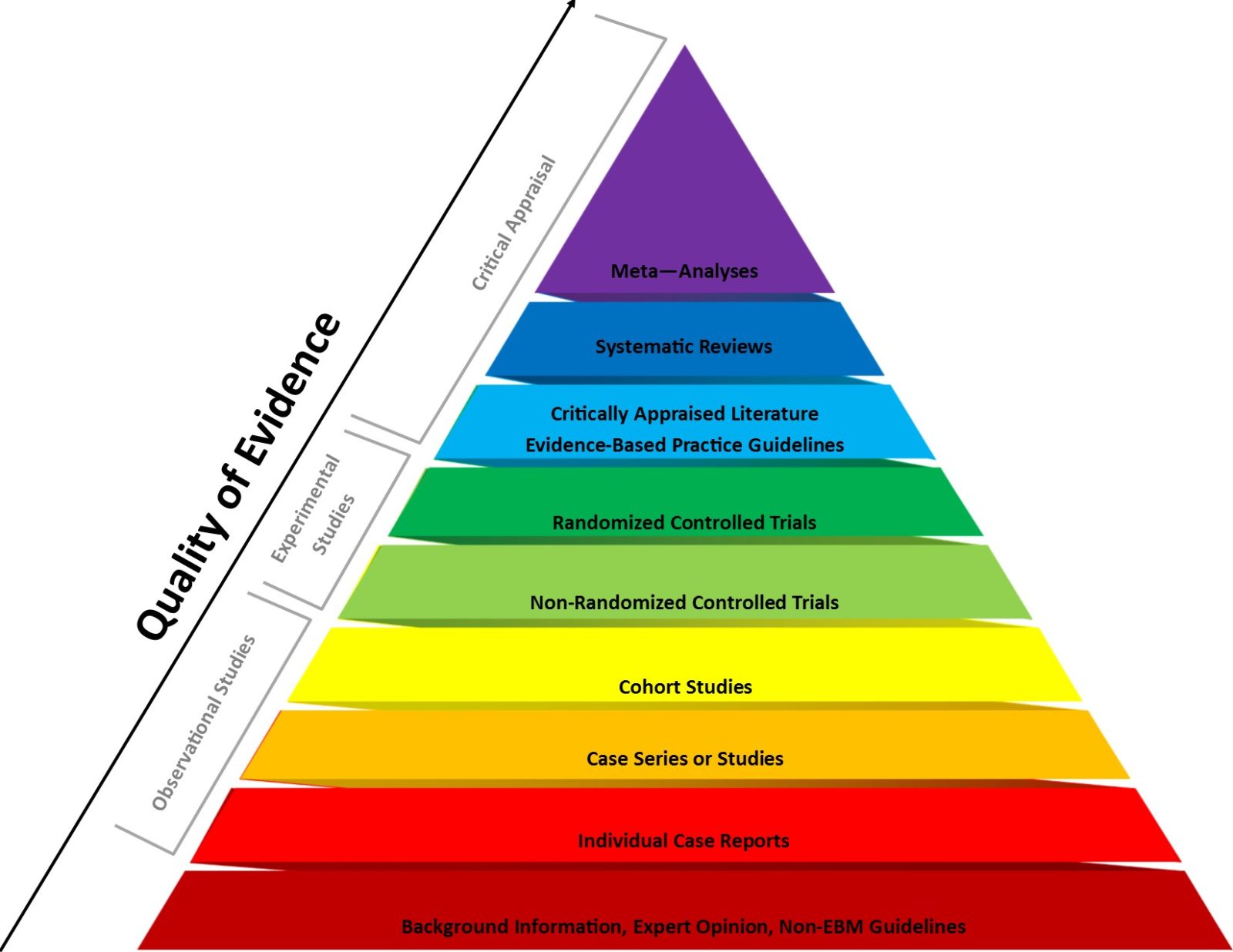Happy New Year to all our SBM readers.
It’s fun to look back and look forward when the calendar year ticks over. Last year was a huge year for medical science. I think the two biggest medical science news stories of 2023 were new treatments for Alzheimer’s disease (AD) and the first regulatory approval of CRISPR-based gene therapies.
There are now three drugs with various stages of approval that are disease modifying in AD. There is still some skepticism about the real-world net clinical effect of these treatments – they are not a cure, nor do they stop progression, and the amount of benefit may be modest – but they represent a milestone for two advances. One is that all three drugs are monoclonal antibodies. I wrote in June of last year how this is a bit of a revolution in therapeutics that has been rolled out with little public fanfare. New monoclonal antibody products just started appearing, with almost every medical specialty now having new and powerful treatment options. The reason why these three AD drugs have succeeded when many similar chemical drugs failed may be because the monoclonal antibody approach is just more powerful.
Second, these drugs are a proof of concept that some version of amyloid is not just a marker for AD but is, to some extent, driving the disease. That is a notable breakthrough, even if the effect is modest. Amyloid build up is certainly not the entire picture of AD, but it is an important piece and a legitimate therapeutic target.
In November I wrote about the first regulatory approval for a CRISPR-based treatment – to treat sickle cell disease and beta thalassemia. These are truly effective treatments. Again, these are not a “cure” but come pretty close. The gene therapy allows for the production of fetal hemoglobin, which is free of the disease-causing mutation in these conditions. This type of treatment is the low-hanging fruit for gene therapy, because we know how to access the bone marrow where the target cells live, but it points the way to a future with many gene-based interventions.
What will be the big medical science news items of 2024? I don’t know, and that’s exciting. Generally new breakthroughs do not come out of nowhere. The amyloid-based treatments and CRISPR treatments referred to above were years in the making, and we saw them coming. But we still never know how the research is going to turn out. They could have been a bust, or encountered some tricky obstacle like a horrible side effect. Disappointment in medical research is common, and nothing is inevitable.
Twenty years ago stem cell therapy was supposed to revolutionize medicine. They are still an important medical technology – but the stem cell revolution never occurred. Perhaps it still will one day, and it is common for new medical technologies to take a lot longer than we initially hope. There are many labs working around the world on stem cell research. It would therefore not be totally surprising if some stem cell breakthrough were announced. But it’s not inevitable.
We can extrapolate from existing research, and look forward to potential breakthroughs that we know are in the works, even if we cannot predict the outcome of research with total confidence. I don’t expect a stem cell breakthrough in 2024 – the stem cell revolution seems to be still a ways off – but I do hope I get surprised.
An easier prediction is that there will be more gene-based therapies coming, and we may see one or more in 2024. CRISPR technology, which gives us the ability to quickly and cheaply make precise alterations to the genome, is still advancing and is already quite powerful. Changing or inserting a gene is one thing, but therapeutic applications require other technologies. One big obstacle is targeting the appropriate cells, which requires a vector. We have options, but they are imperfect. A breakthrough here can be a sudden game-changer. l
Another challenge for gene therapy is dosing. Let’s say a disease would benefit from the insertion of a gene that produces a therapeutic protein. Instead of giving a drug to a patient on a regular basis, you simply give their body the ability to make it for themselves. Perhaps it’s replacing a defective protein. But there is no easy way to regulate how much of the therapeutic protein the body makes – there is no way to control the dosing.
Already this year there is study published showing a potential solution. The researchers included in the RNA gene for the therapeutic protein a polyA sequence, which is a stop signal, right at the beginning of the gene. This effectively stops the gene from being expressed – no protein production. But they also include right next to the polyA sequence a receptor for a small molecule, in this case the drug tetracycline. When tetracycline binds to the receptor it blocks the polyA signal and turns on protein production. Therefore we would control the dosing of the therapeutic protein simply by the dosing of tetracycline, an already approved drug.
Simply put, DNA and RNA are the digital code for life, and we now have a high level of control over that code. It’s always hard to predict timing, but I do expect that gene therapies are going to be increasingly in the news in the coming years.
It’s also easier to predict incremental advances than true breakthroughs. I anticipate more monoclonal antibody treatments on a regular basis. I also expect more incremental advances in brain machine interface technology and therapeutics that involve electrical or magnetic brain stimulation.
My biggest prediction for 2024, which is actually just a hope, is for something truly surprising, an advance beyond the predictable incremental grind that typifies most of science. The only thing I can be reasonable sure of is that if one does occur you will read about it here.



Medical Science in 2024
What medical breakthrough are likely in the near future?